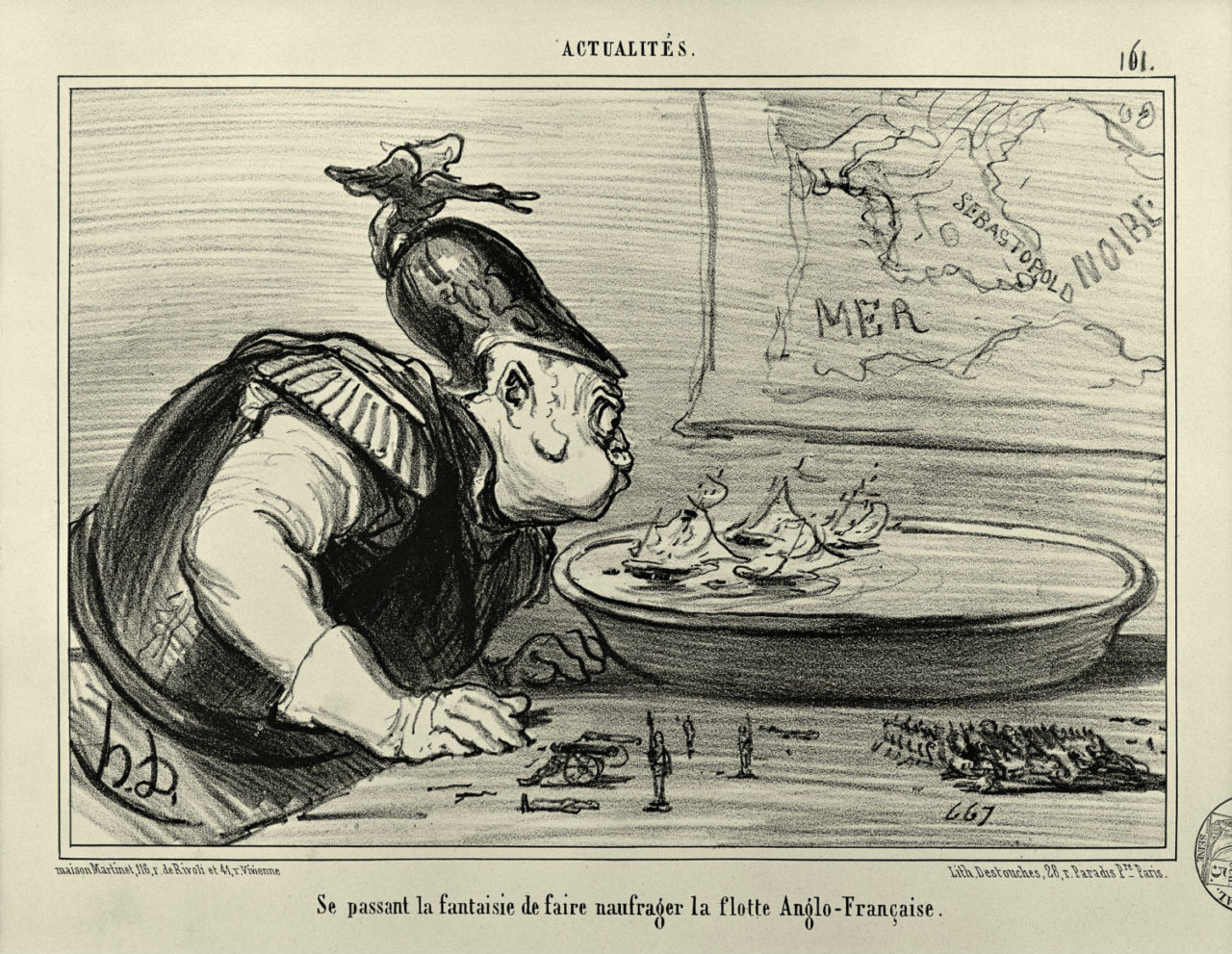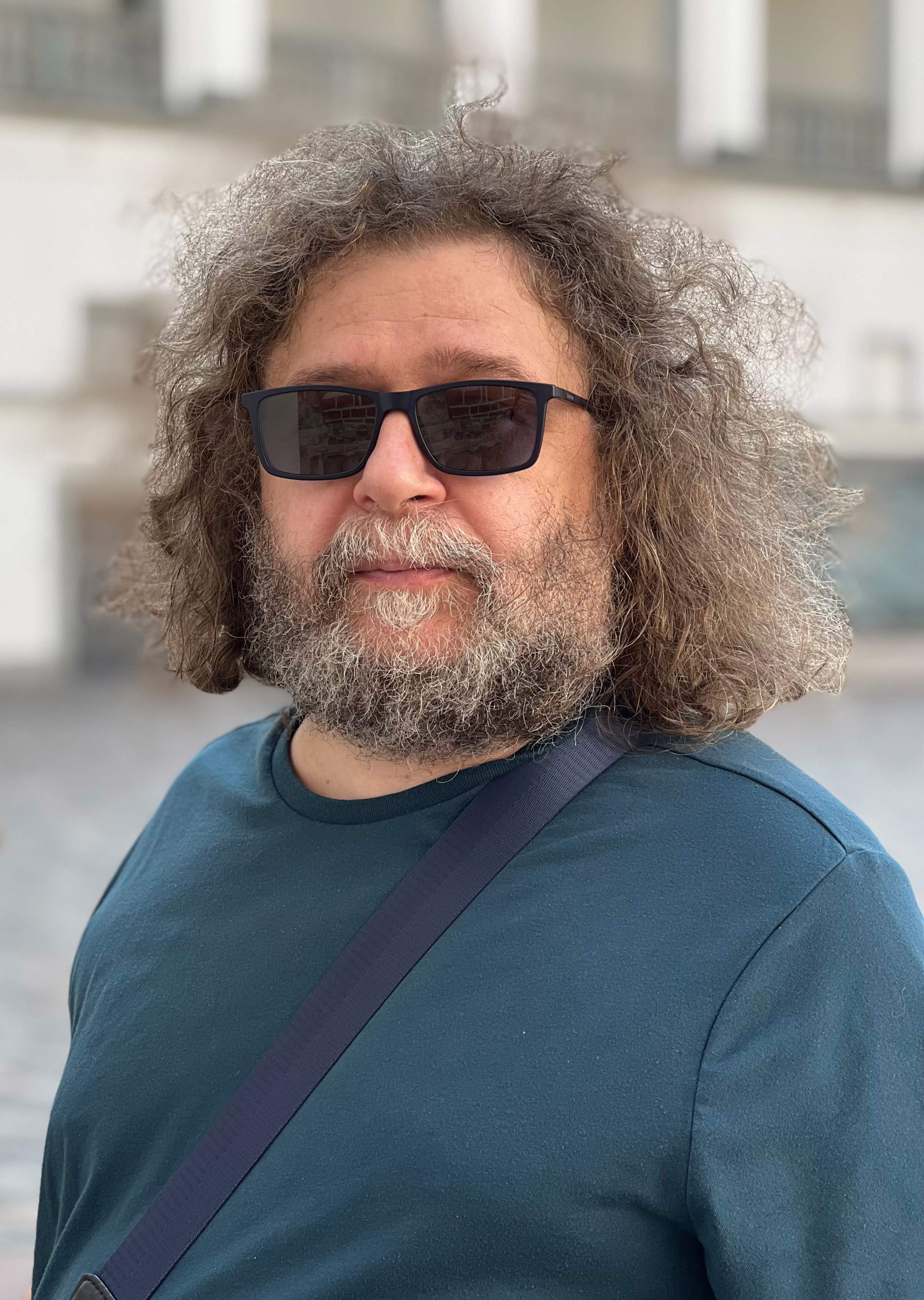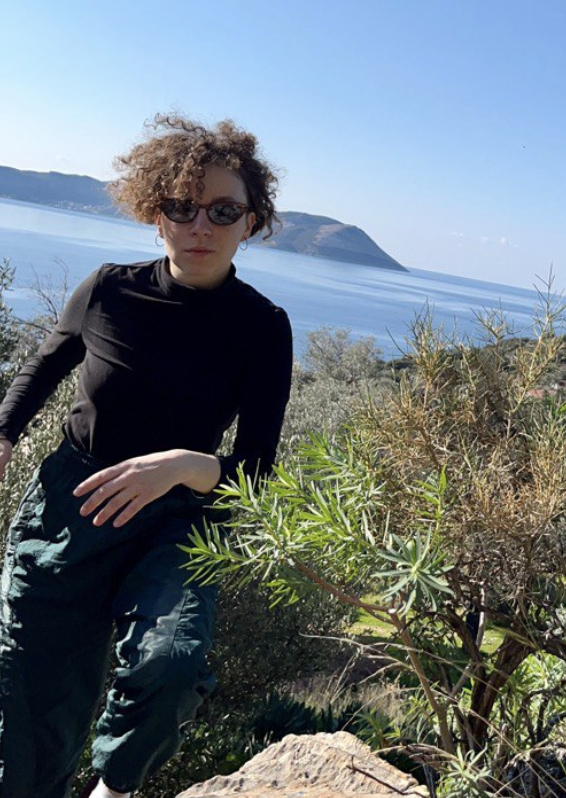The War for Values: The Formation of Anti-Western Discourse in Russia
Abstract
The post-Soviet space faces a severe crisis, most evidently manifested in the Russian invasion of Ukraine. The invasion aligns with the Russian Federation’s consistent discourse, which propagates the incompatibility of “Western values” with “(East) Slavic” ones, particularly Russians’. This aggressive rhetoric has become ingrained in Russian official ideology. As Ukraine seeks closer ties with the West, in official discourse and brutal actions by Russia, aggression has escalated. This discourse serves the Russian regime, justifying violence and hate towards neighboring countries that pursue alternative political and socioeconomic paths. Our study examines the historical formation of Russia’s anti-Western ideology, drawing parallels between contemporary ideas and the reactionary imperialist discourse of the 1830s. An analysis of the Russian government’s ideological program during that period will show that it crystallized an ongoing narrative depicting the West as a threat to Russian statehood. The study will demonstrate how this rhetorical strategy enables Russian authorities to legitimize reactionary measures against “Western” values. Studying this rhetoric provides a historical perspective for understanding the diplomatic crisis in Slavic and Eastern European countries. It is crucial given that Russian propaganda relies on the rhetoric developed over two centuries and invokes political and cultural history to justify Russia’s expansionist ambitions.
Field
Slavic, East European and Eurasian Languages & Cultures
Team
Marianna Petiaskina, Igor Pilshchikov
Igor Pilshchikov
Igor Pilshchikov serves full Professor and Chair of the Department of Slavic, East European and Eurasian languages at the University of California, Los Angeles. Dr. Pilshchikov is a leading figure in the world of digital humanities and the co-founder and academic editor of the three most important electronic corpora of literary texts and criticism in Russian: the Fundamental Digital Library of Russian Literature and Folklore (FEB-web.ru), the Russian Virtual Library (RVB.ru), and an Information System on Comparative Poetics and Comparative Literature (CPCL.info).
View Igor Pilshchikov’s 2022-23 Research here.
Marianna Petiaskina
Marianna Petiaskina, Ph.D. student, UCLA Department of Slavic, East European, & Eurasian Languages & Cultures. Marianna received her B. Phil in Russian Language and Literature from St. Petersburg State University and an M.A. in Comparative Studies from the National Research University Higher School of Economics (Moscow). Marianna is an experienced archival researcher specializing in the history of political discourse from the 19th to the 21st centuries. Her research interests include intellectual history, postcolonial studies, nineteenth-century studies, and discourse analysis. Her research focuses on imperial politics and related nationalism, the centralization of authority, and the institutionalization of culture.



